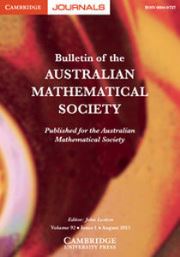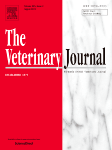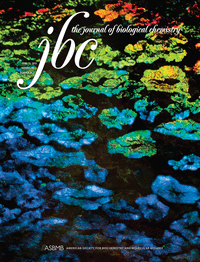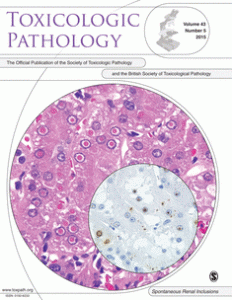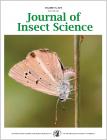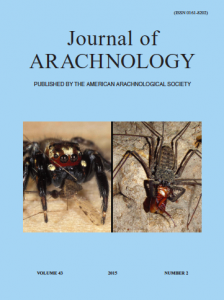 A lung cancer paper in the International Journal of Cancer has been retracted because of “serious errors related to image duplication.” This marks the eighth retraction for first author, ShouWei Han.
A lung cancer paper in the International Journal of Cancer has been retracted because of “serious errors related to image duplication.” This marks the eighth retraction for first author, ShouWei Han.
The decision was made by the journal’s editor-in-chief, the publisher Wiley and co-author Jesse Roman (a co-author on Han’s other retracted papers). According to the notice, Han didn’t respond “to requests by the journal or the co-author.”
In 2011, Han was the target of an investigation by his former employer, the University of Louisville in Kentucky. Papers in the Journal of Biological Chemistry, the American Journal of Respiratory Cell and Molecular Biology and American Journal of Physiology: Lung Cellular and Molecular Physiology have been retracted.
Here’s the full retraction notice for the latest retraction:
Continue reading Eighth retraction published for former physiology researcher
